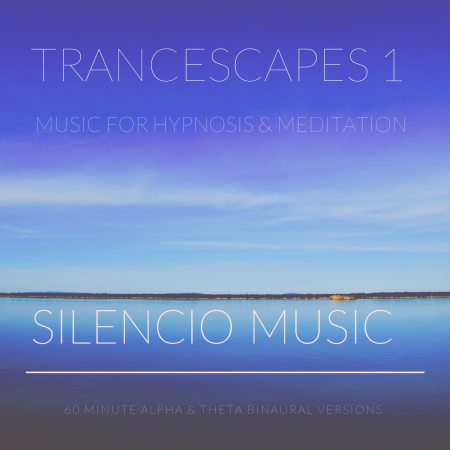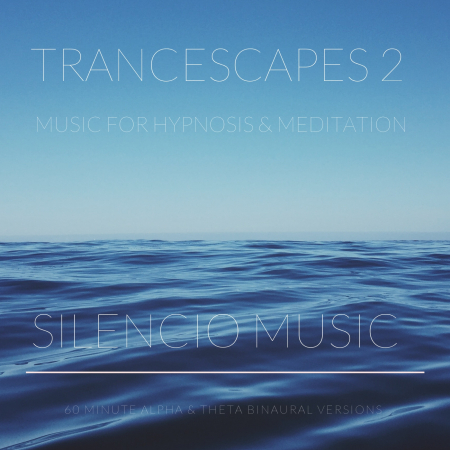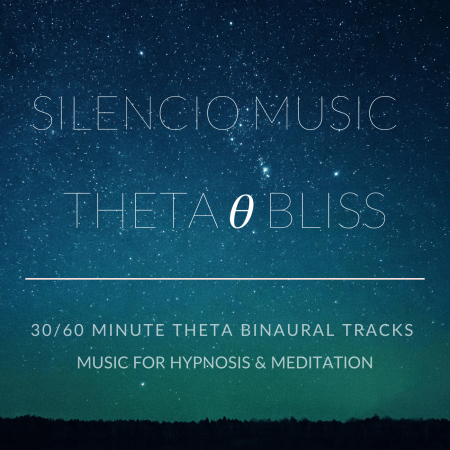When you listen to music with embedded theta frequency binaural beats, your brain is encouraged to shift from producing high-frequency beta waves to generating more low-frequency theta waves, helping you to relax and alleviate anxiety – thus the binaural beats can assist in guiding us into a meditative state.
This can be particularly beneficial when you’re dealing with excessive stress or struggling with negative or intrusive thoughts helping to find inner calm, and foster a sense of clarity and inner peace. The use of binaural beats, particularly at theta frequencies, is a widely adopted practice in meditation and relaxation techniques. Research has investigated the impact of theta binaural beats on meditation and the brain’s response during the entrainment process.
For instance, a study published in 2004 in the International Journal of Psychophysiology explored how theta binaural beats influence mood and performance. The study revealed that participants who listened to theta binaural beats showed a significant increase in theta brainwave activity, along with improved mood and reduced anxiety, compared to those who listened to a control track.
Meditation has been the subject of considerable research, highlighting its beneficial effects on mental health and overall well-being. Engaging in regular meditation practices can foster a profound sense of tranquility, clarity, and compassion both towards oneself and others and is linked to lower levels of stress, depression and anxiety. It is however essential to recognise that meditation is a skill that necessitates ongoing practice and patience. Although theta binaural beats may serve as a valuable resource in facilitating the meditative experience, the genuine advantages of meditation are derived from consistent engagement and a commitment.
I would be very interested to know if you have experience of using binaural beats either in your own meditation practice or in hypnotherapy sessions – so please feel free leave a comment or send a message!
Published Research
pubmed.ncbi.nlm.nih.gov/19897008/
pubmed.ncbi.nlm.nih.gov/17309374/
pubmed.ncbi.nlm.nih.gov/9423966/















Leave a Reply
Want to join the discussion?Feel free to contribute!